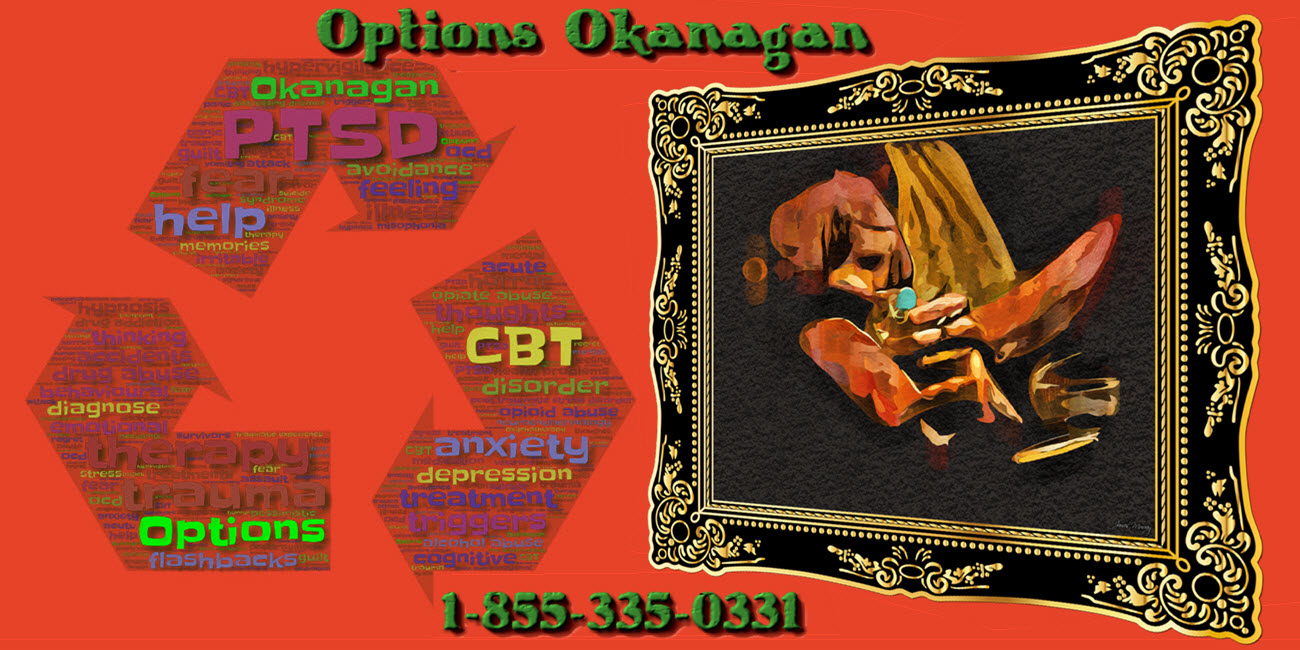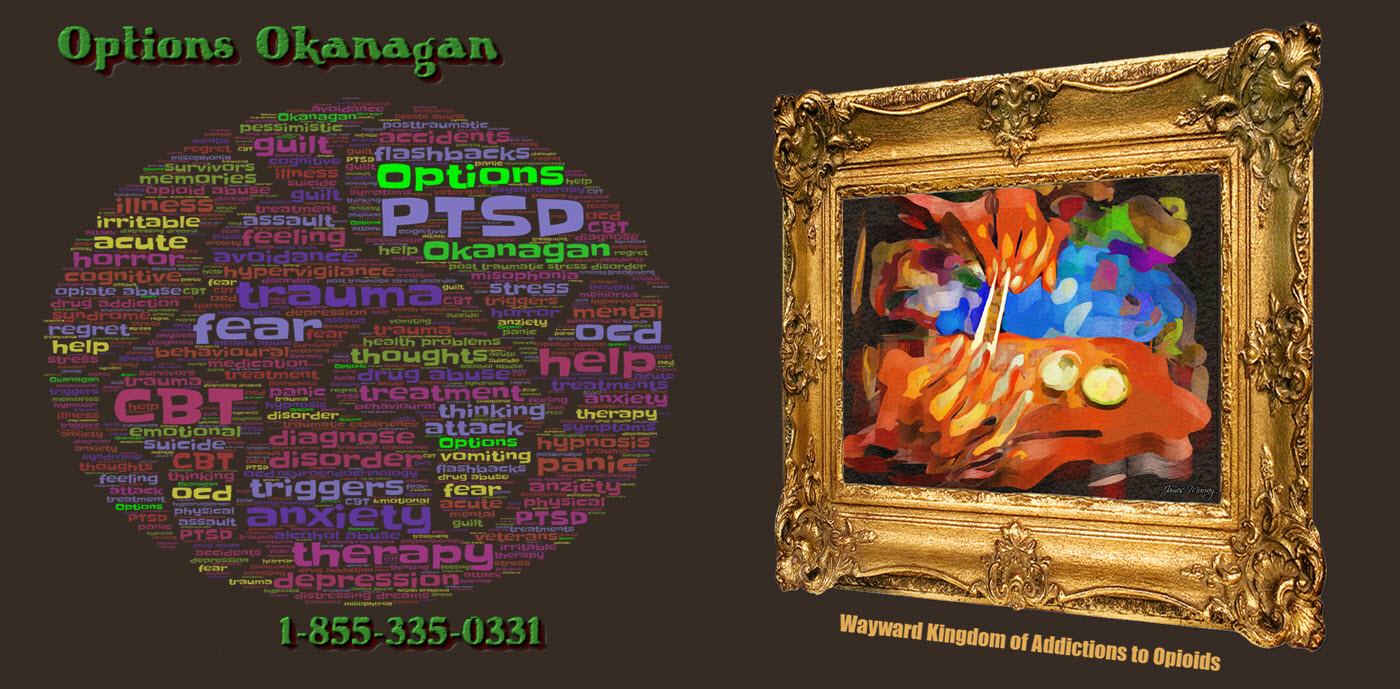A personalized approach for addicts and psychiatrists – Mental health disorders – Drug rehab programs in Alberta and British Columbia – Options Treatment Center in Kelowna, British Columbia treating drug, opiate, fentanyl, heroin, and alcohol addiction and recovery.
Drug Rehabs In Alberta And BC
It is not easy to tell if an addict has typically become depressed due to drug use or has even started taking drugs to deal with feelings of intense depression. Depression and addiction together can create a downward spiral in a person’s life, which in turn causes a lot of unnecessary suffering. It doesn’t matter which comes first, depression or drug addiction. To overcome the struggles in their life, addicts who also suffer from depression need extraordinary intervention.
Mental Health Disorder Programs In Alberta And BC
Most alcohol or drug users also suffer from depression. Today, nearly 60 percent of drug users struggle with mental health problems, while some have not been accurately diagnosed. Anxiety, borderline personality disorder, post-traumatic stress disorder, and depression are some of the conditions some of these people may face. Several conditions can be the main reasons for choosing to use drugs. Additionally, it can make it difficult for people to make informed decisions, including choosing to avoid drugs and alcohol.
Feelings of hopelessness are closely linked to depression. This means that people with mental illness may not want to spend time with family or friends, lack the energy to do activities they enjoyed in the past, or even want to cry regularly. Getting up and going to work can be quite a challenge for anyone with depression. The increased pressure to pile up bills, coupled with the fact that no money is coming in, adds to the stress of someone not working.
Finally, people can use drugs and alcohol to cover up the uncontrollable emotions associated with feelings of depression and unbearable stress. In order to forget the suffering and pain they went through, people were looking for the high every day. Illness, violent relationships, and feelings of loneliness can all lead to depression. Rather than looking for ways to self-medicate, people who feel bad should seek appropriate help from the right person/place.
If you are struggling with depression and drug addiction, it’s best to contact a rehabilitation center that offers addiction treatment services that also cover related mental health issues. Facilities that offer dual diagnostic treatment are the best rehabilitation options for anyone struggling with depression and drug problems. This treatment not only helps patients overcome drug addiction, but also treats all major mental health problems. This approach leads to a full recovery that not only overcomes the anxiety problem from addiction, but also aims at dealing with related psychological problems.
At Options dual diagnosis centers, we have a team of experienced employees who are trusted to care for our patients. When our clients go through the many steps they need to regain their health and overcome drug addiction, they receive the best possible care. Contact Options today to find out more about this special type of care if you or their loved ones need help.
Options Okanagan Opiate and Alcohol Treatment Centers in Kelowna, Salmon Arm and Vancouver, British Columbia – Men and Women are recovering and healing from Alcohol and Drug Abuse at our treatment center here in the Okanagan right now.
Our unique and distinctive Opiate Drug and Alcohol treatment program allows men and women to come in from Calgary as well as Edmonton as we offer airport pickup.
Numerous clients come to us from Vancouver, Calgary, and Edmonton and other locations in Alberta and even other provinces for Opiate addiction treatment, heroin drug treatment, many other drugs, and alcohol addictions for rehabilitation because of the uniqueness of our treatment center.
Our (Kelowna) Alcohol and Drug Treatment Program Location:
(Not Mailing Address) – Contact Us – Web Page
For Mail Delivery :: Please contact each center for correct mailing addresses, also this location is the location of our residential treatment programs in Kelowna. Please call Toll Free 1-855-335-0331 – to contact the treatment center you are going to for the address and directions.
Options Okanagan Drug and Opiate Treatment Center
551 Sherrydale Crescent, Kelowna, British Columbia, V1V 2E6
Toll-Free Phone Number: 1-855-335-0331

 and Depression Treatment - Mental Health Disorder Programs and Clinics in Alberta & BC - Options Okanagan.jpg)
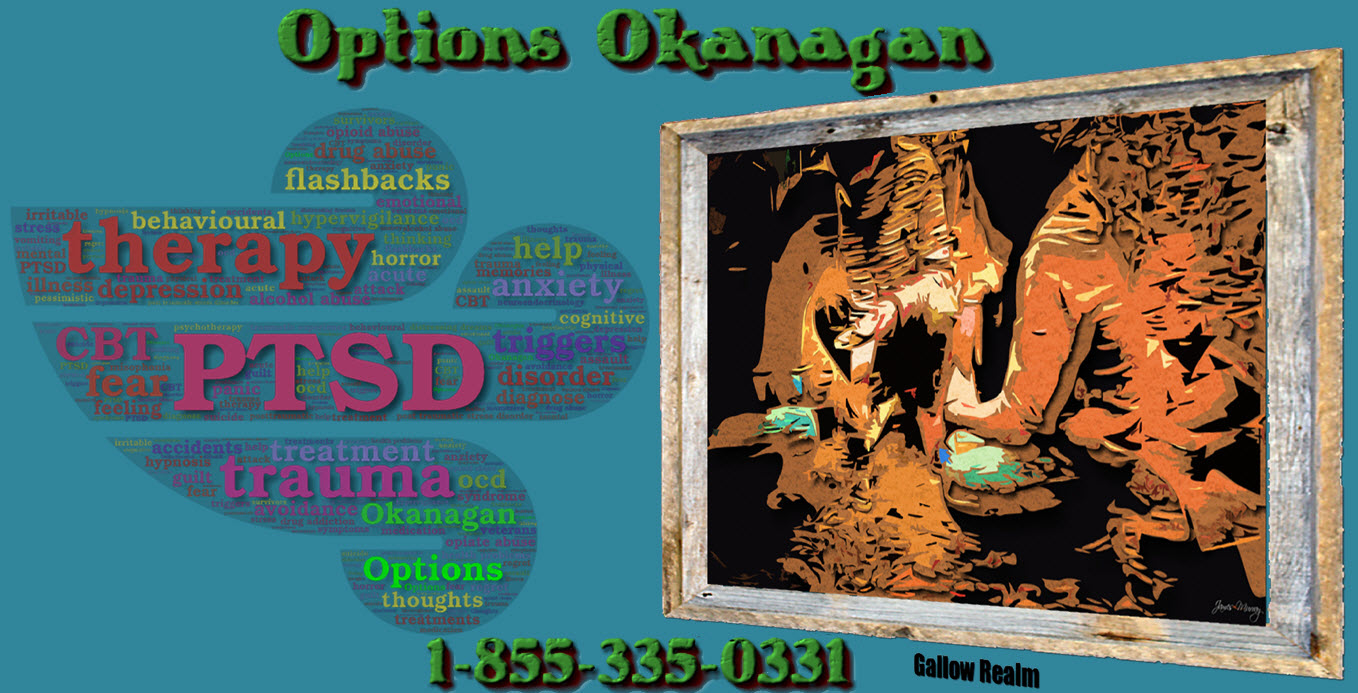
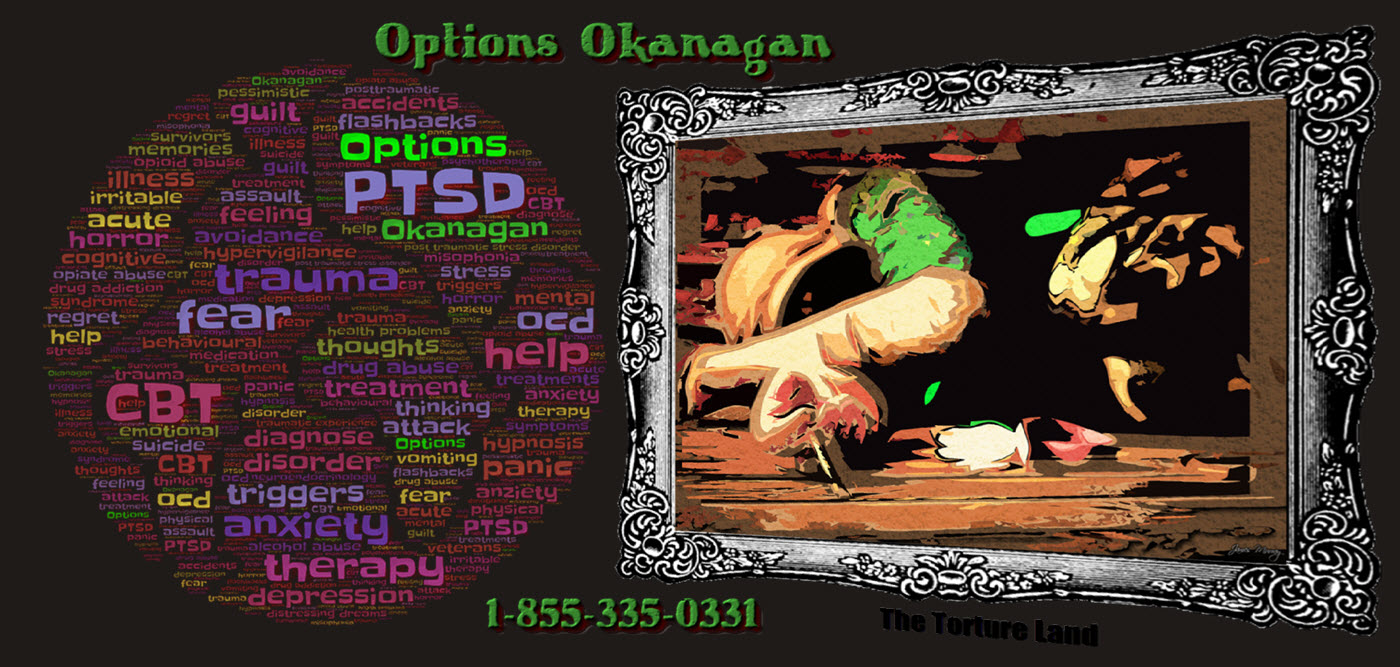

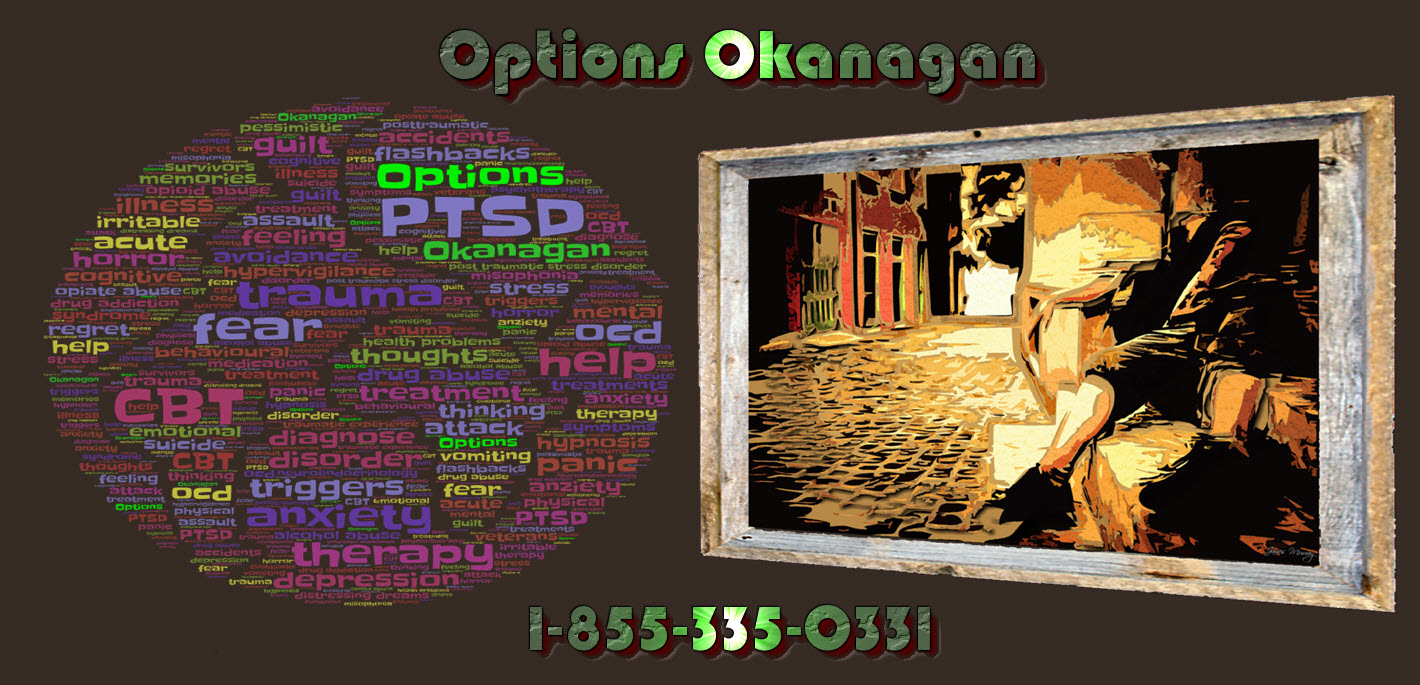
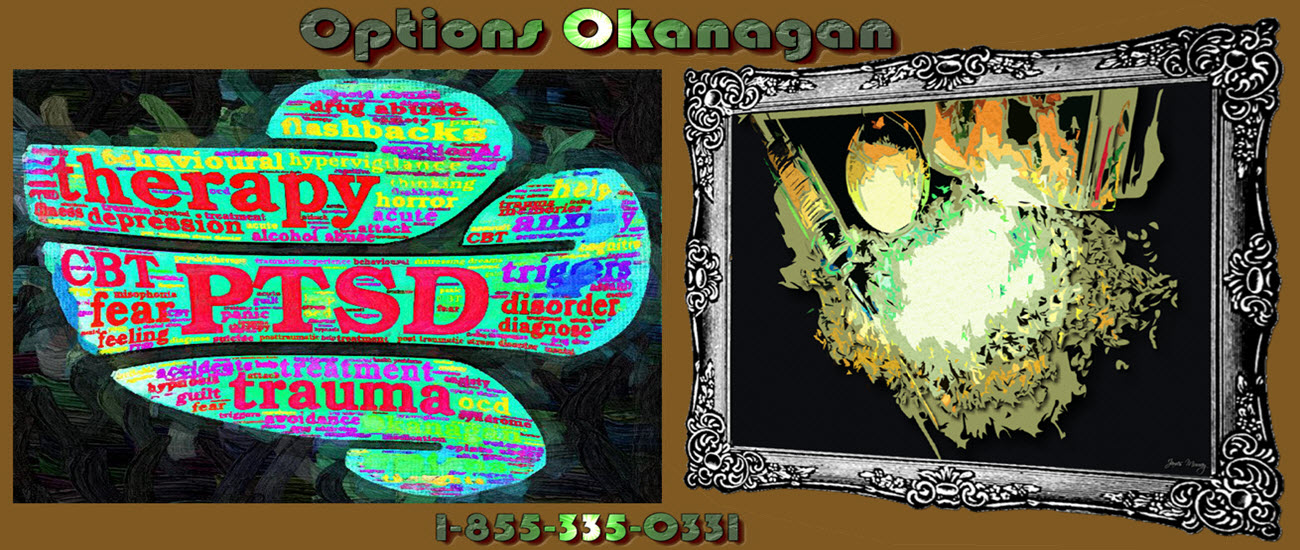

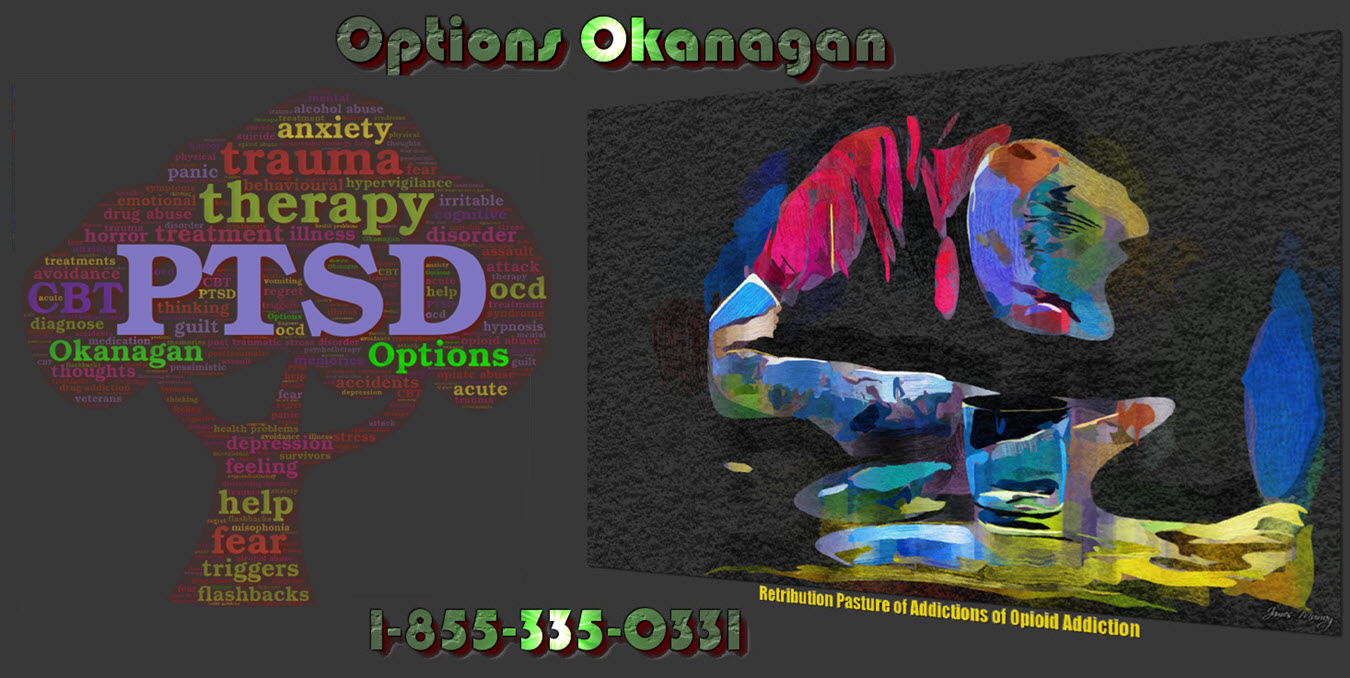
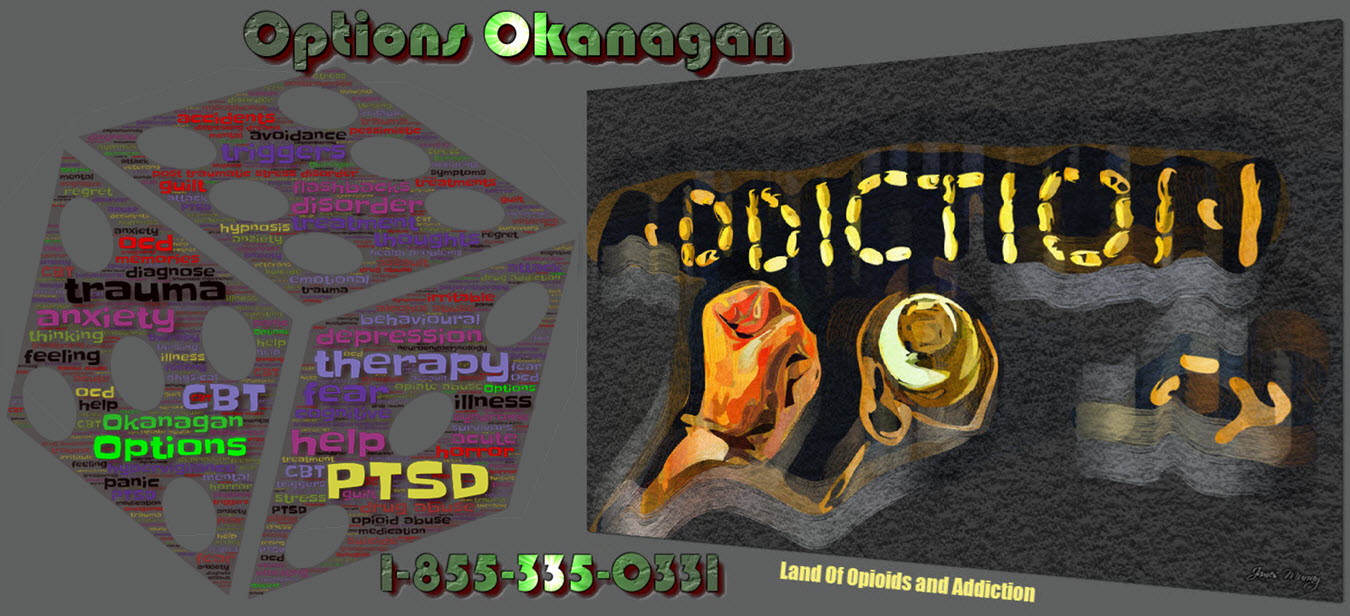
 and Trauma Treatment - anxiety disorders - Mental Health Disorder Programs in Alberta and BC - Options Okanagan.jpg)
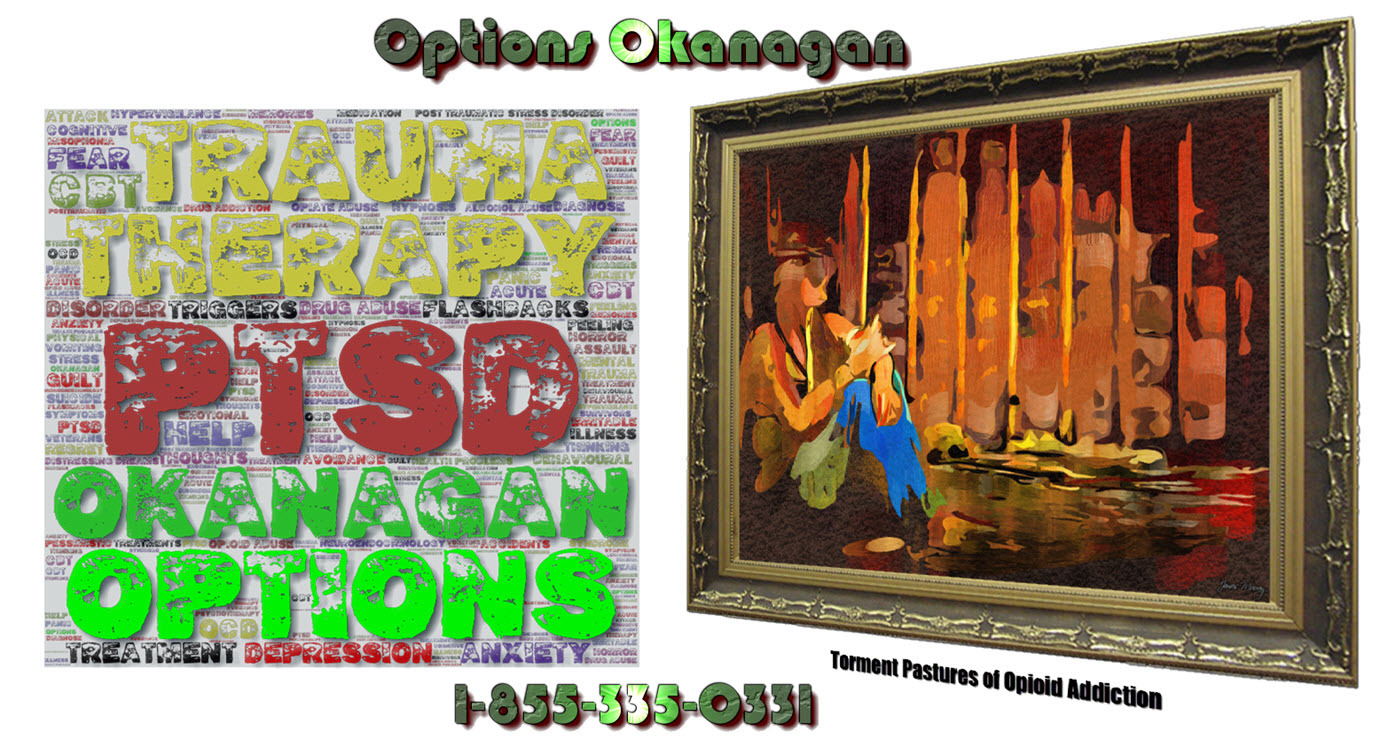
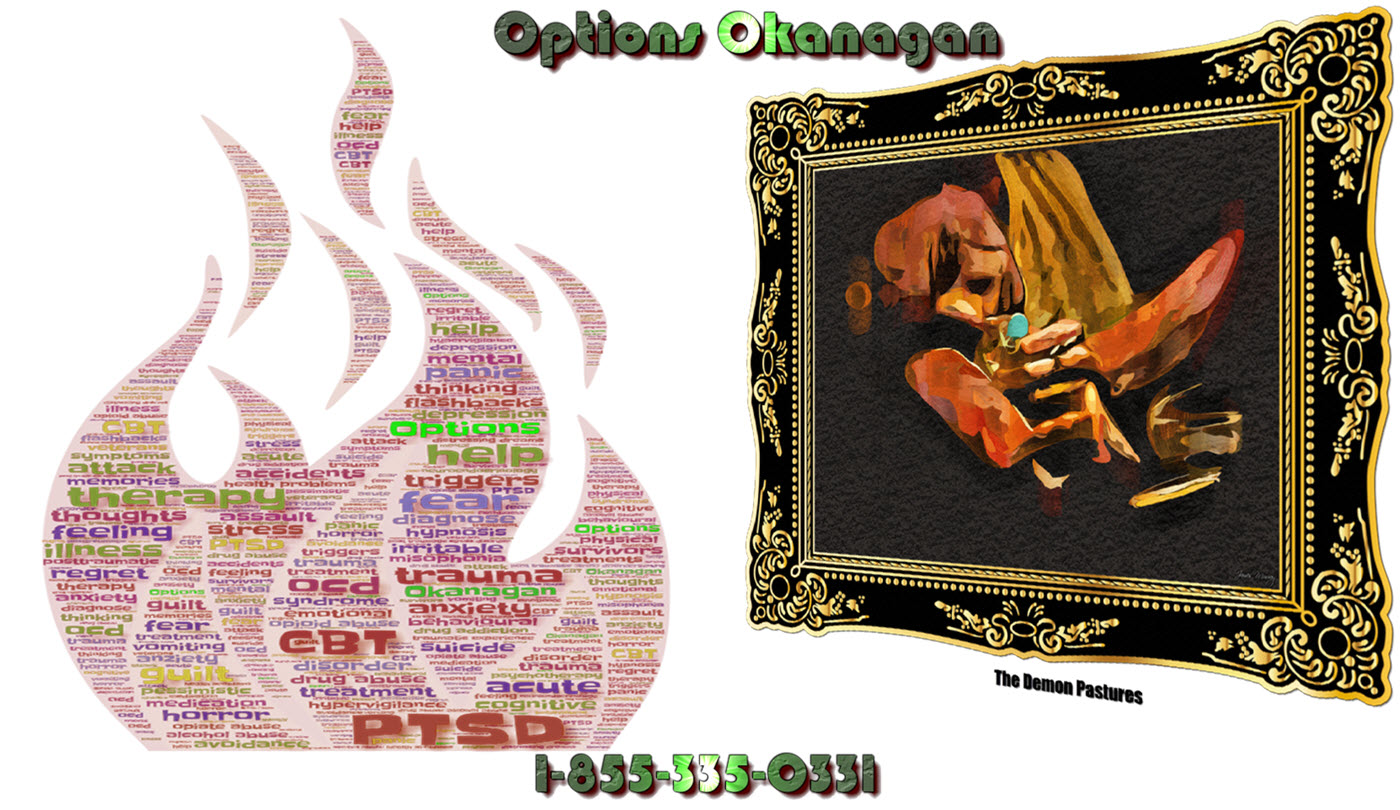
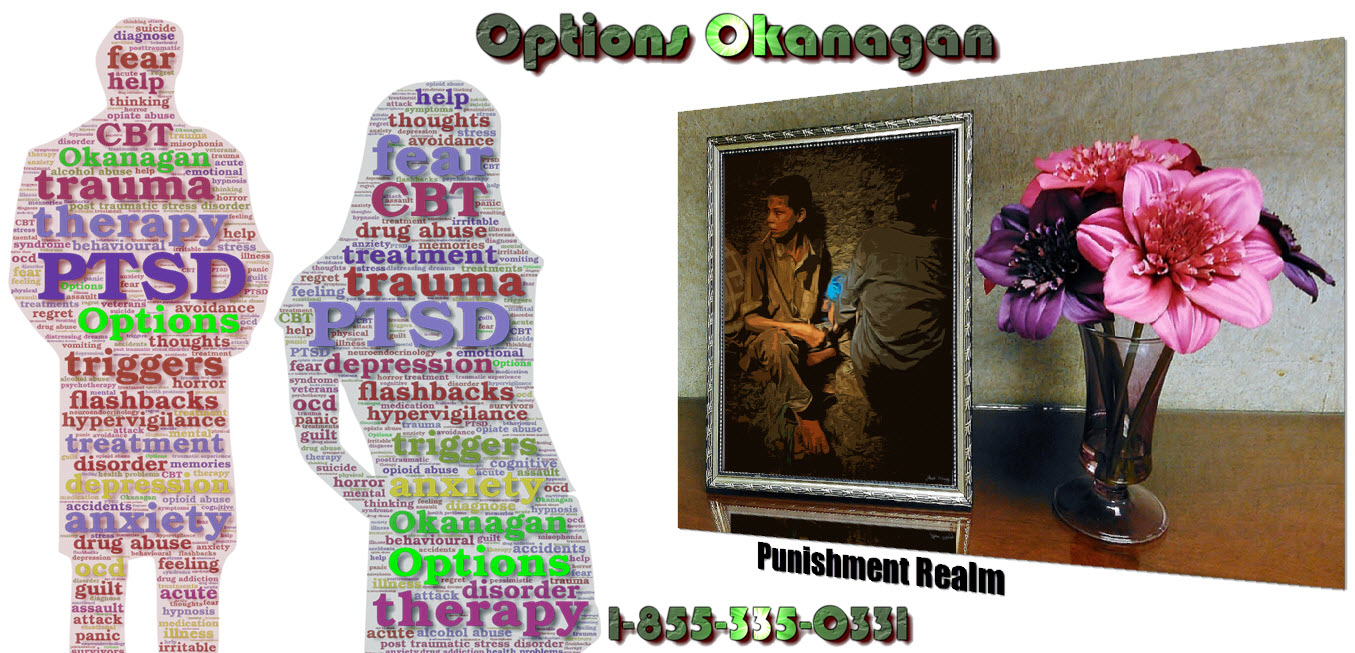
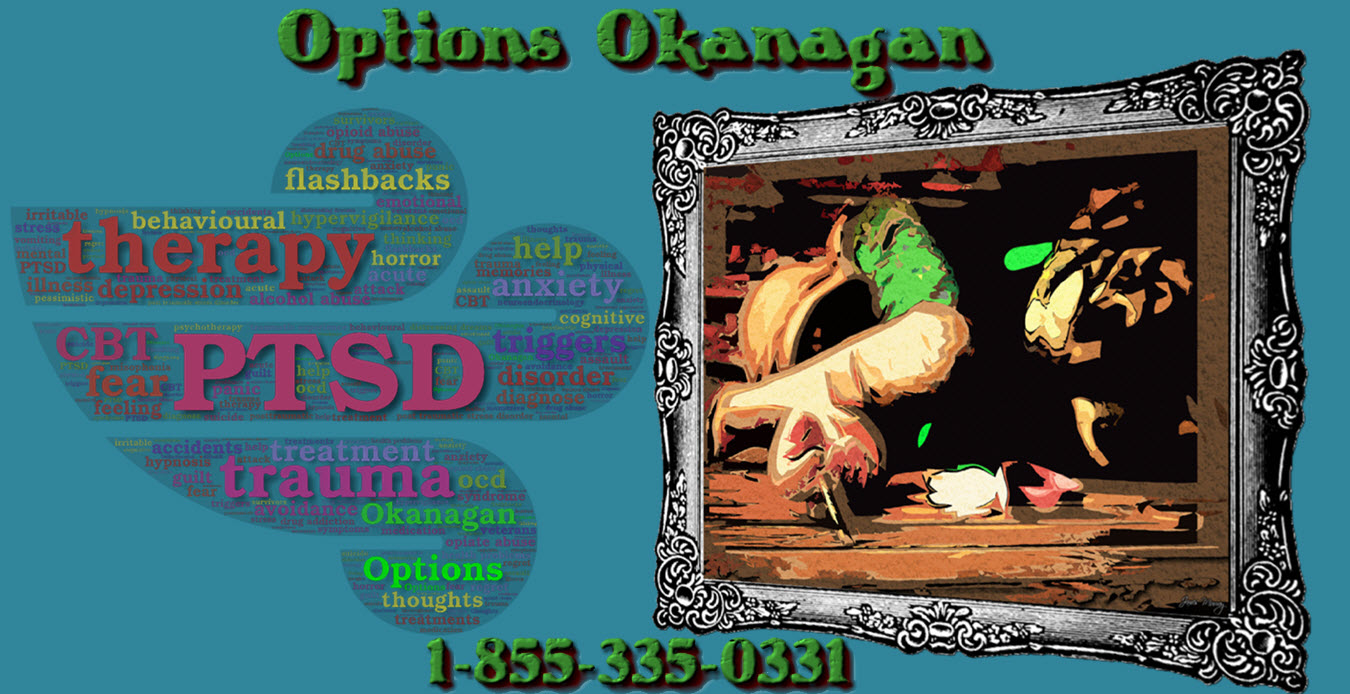
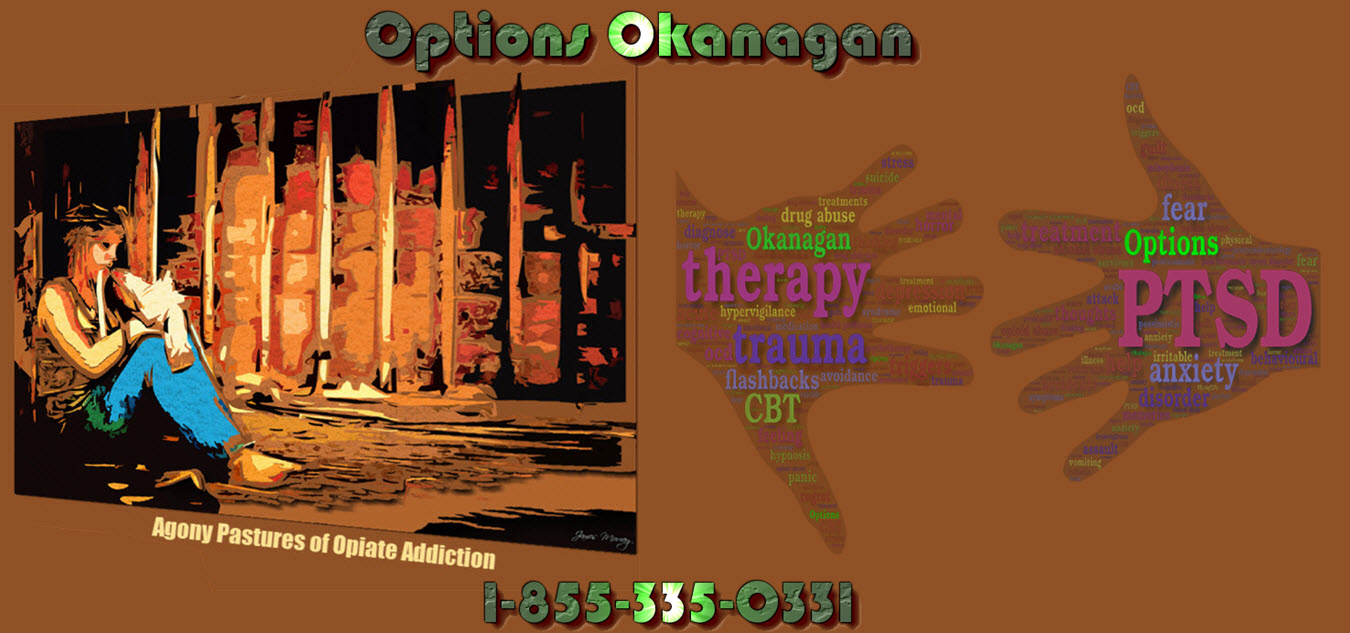
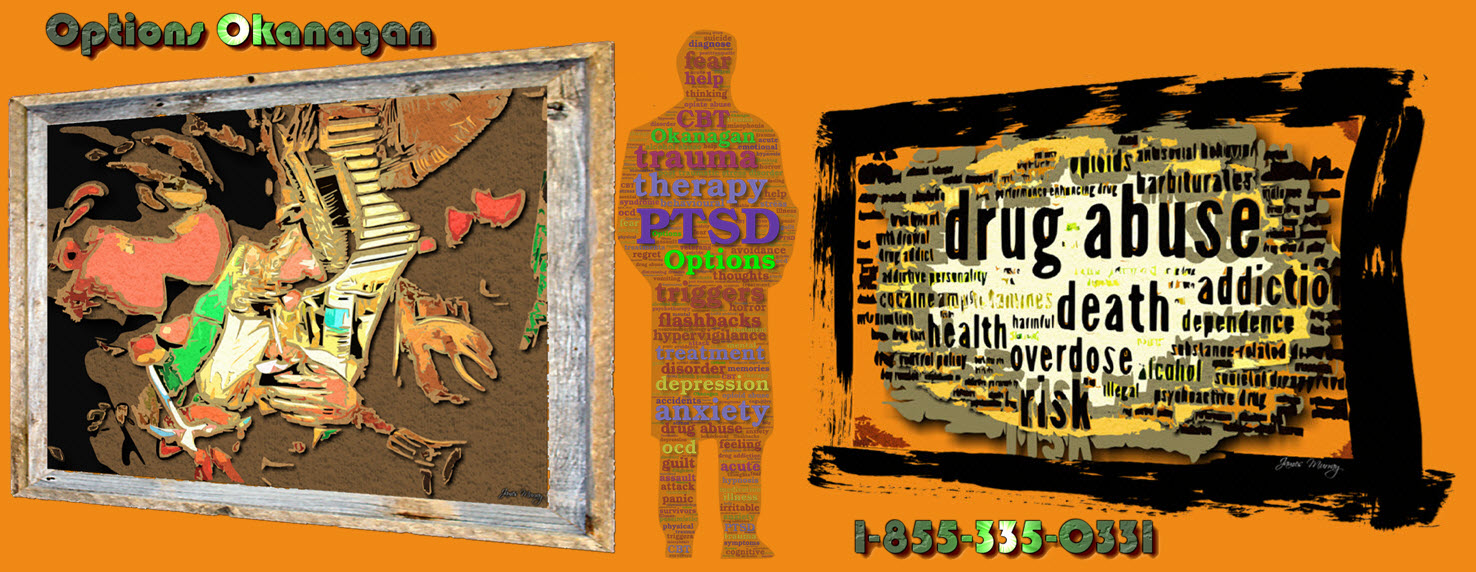
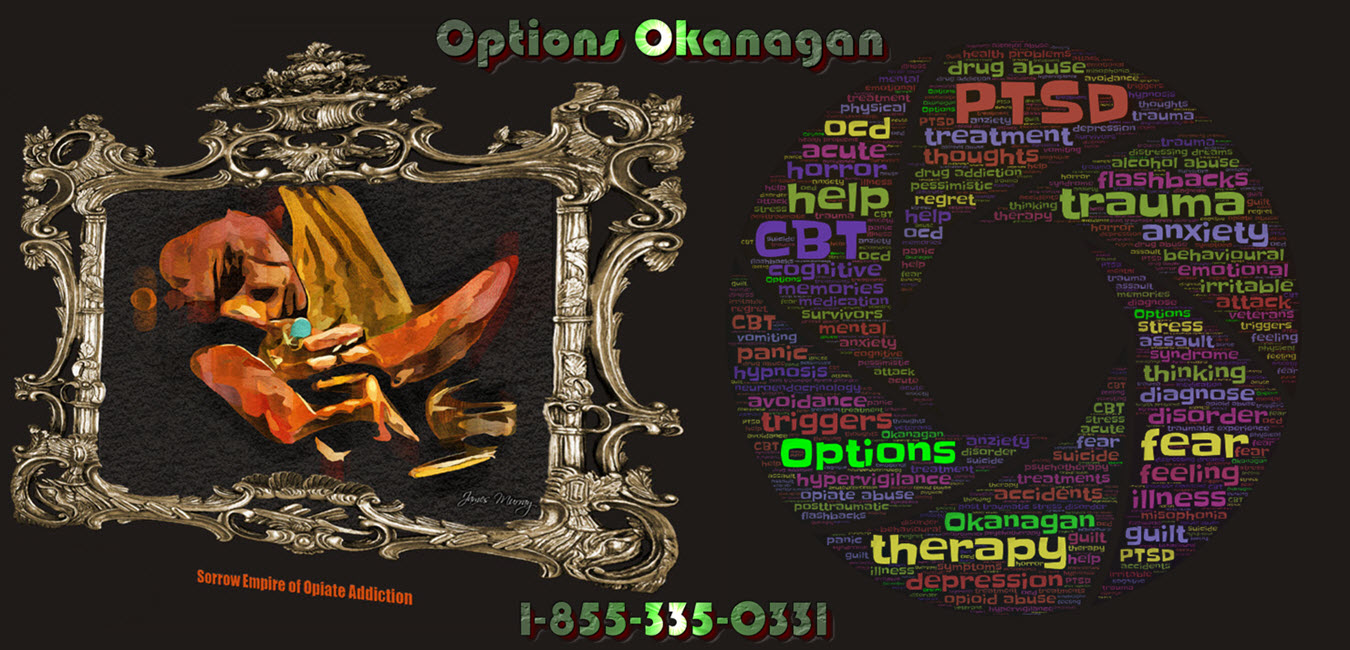
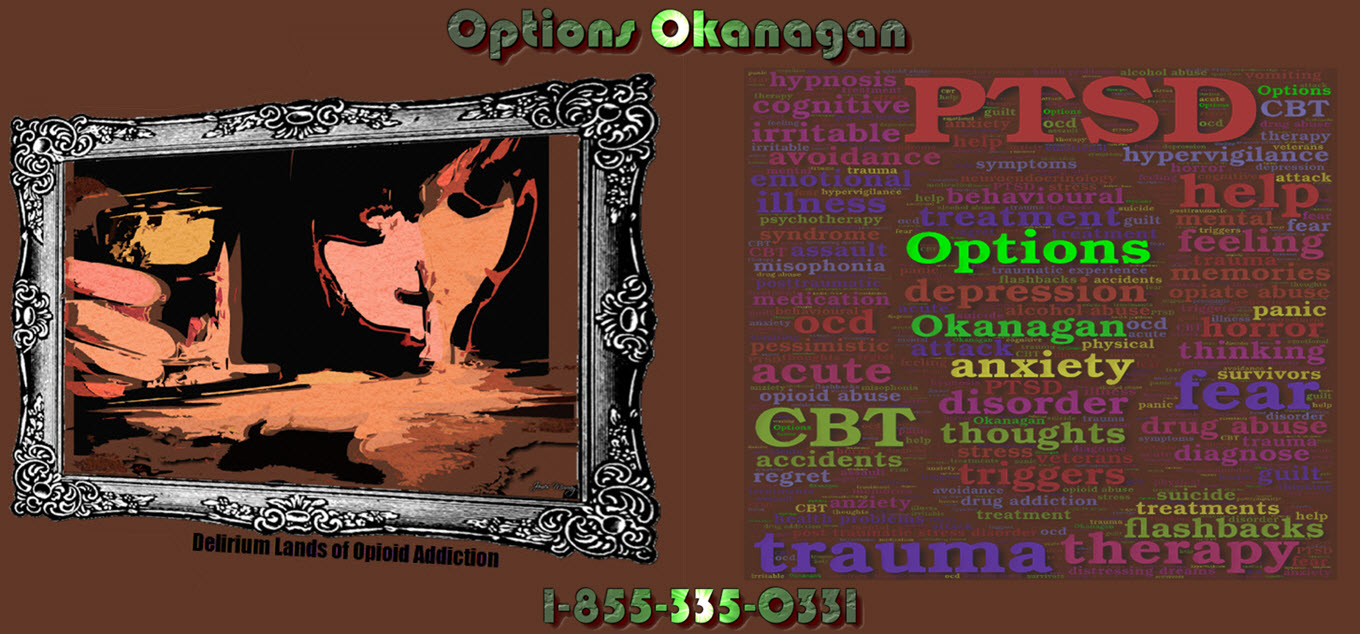
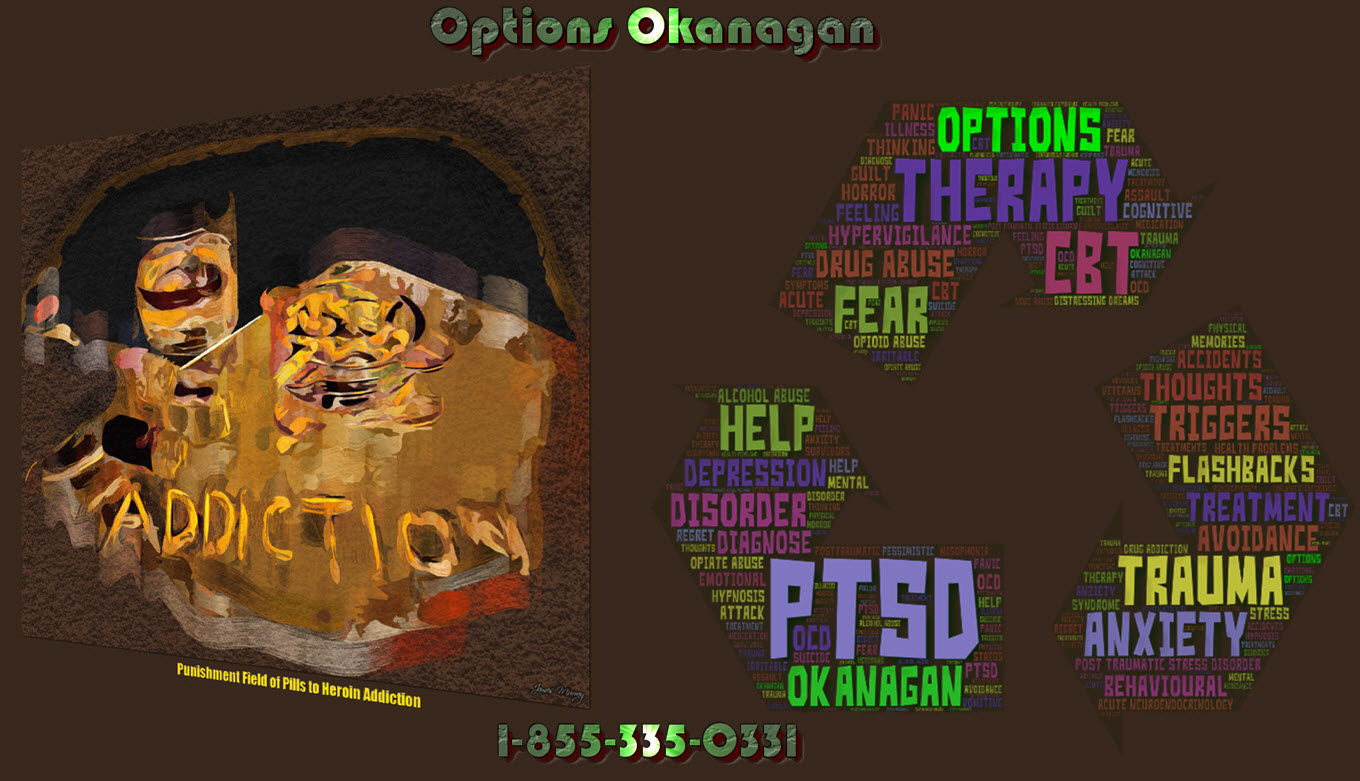
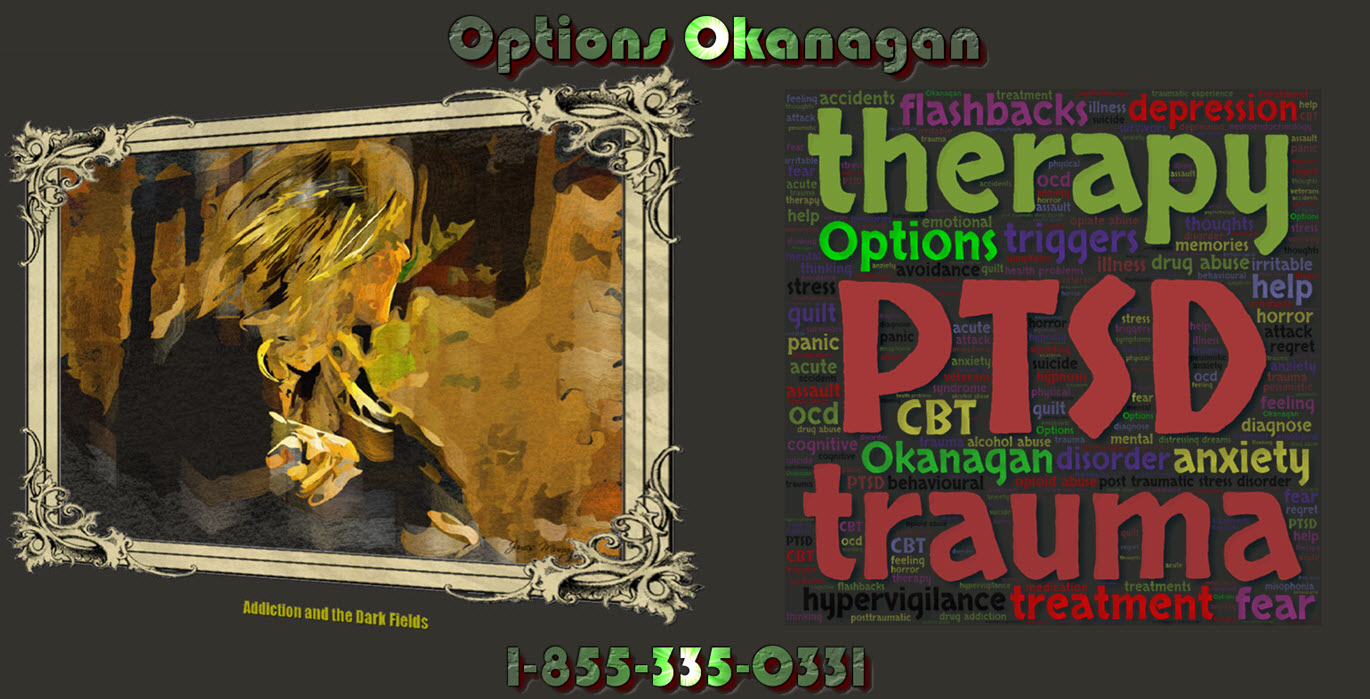
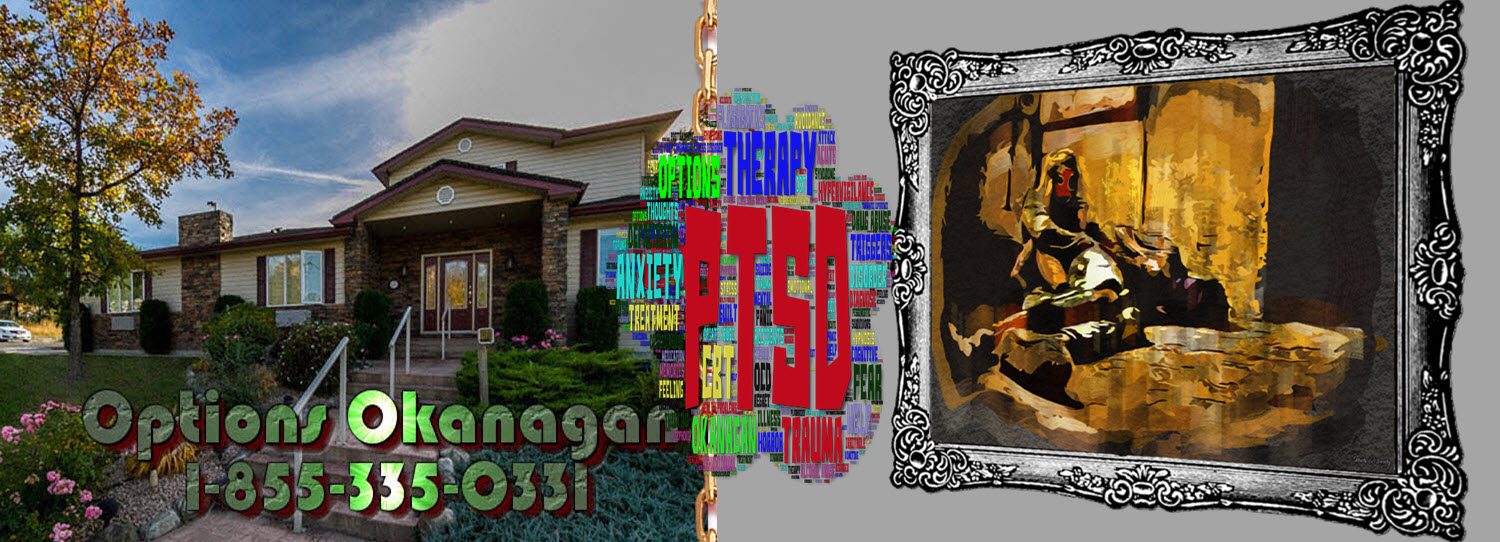
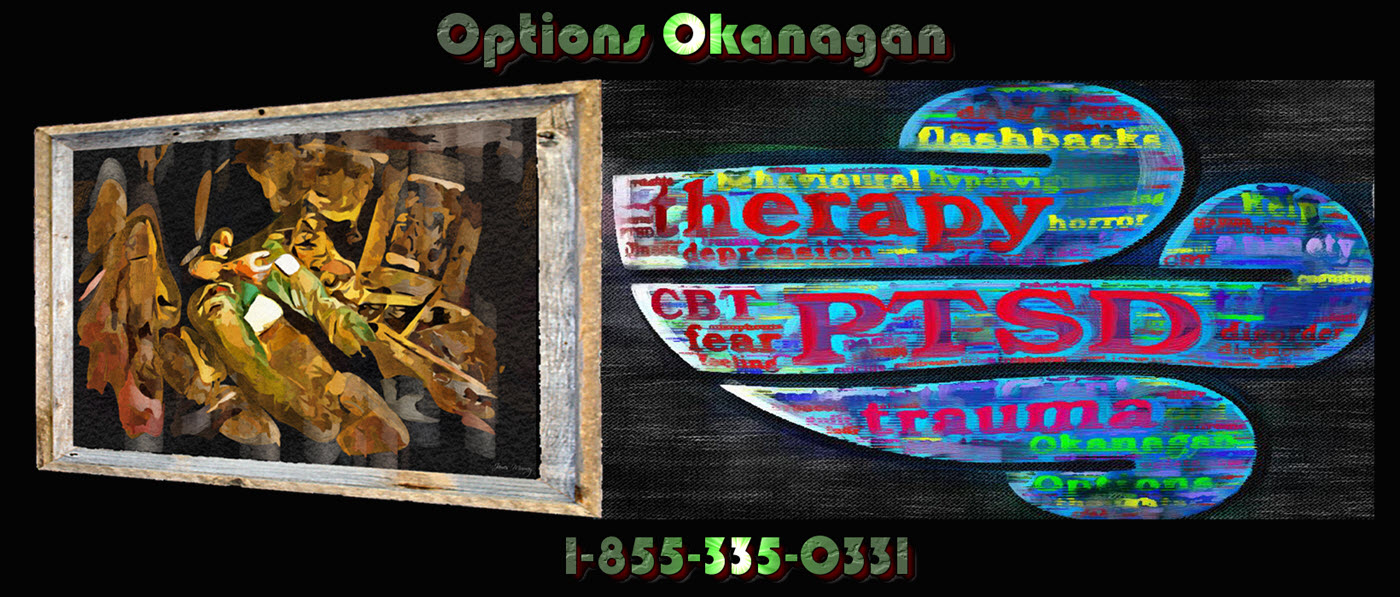
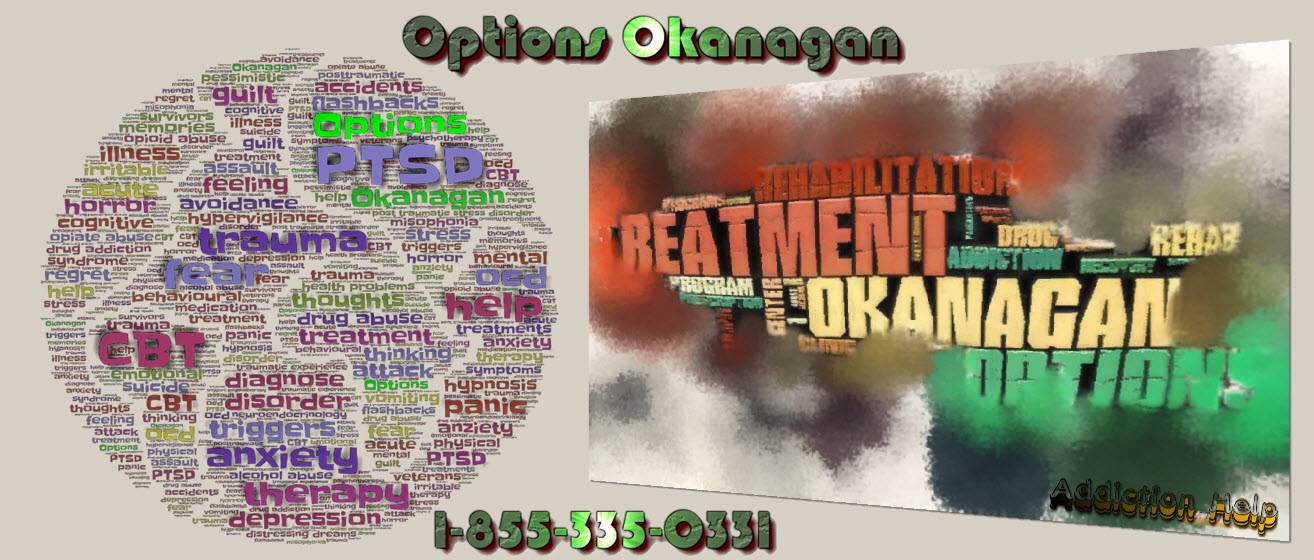
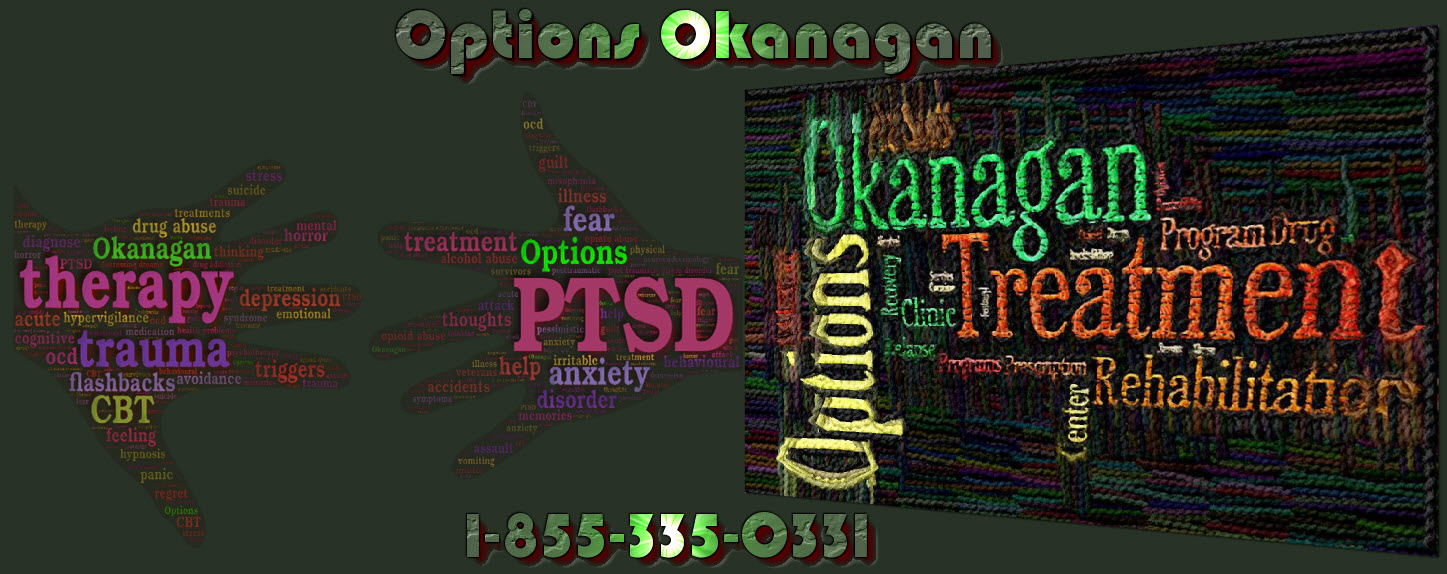
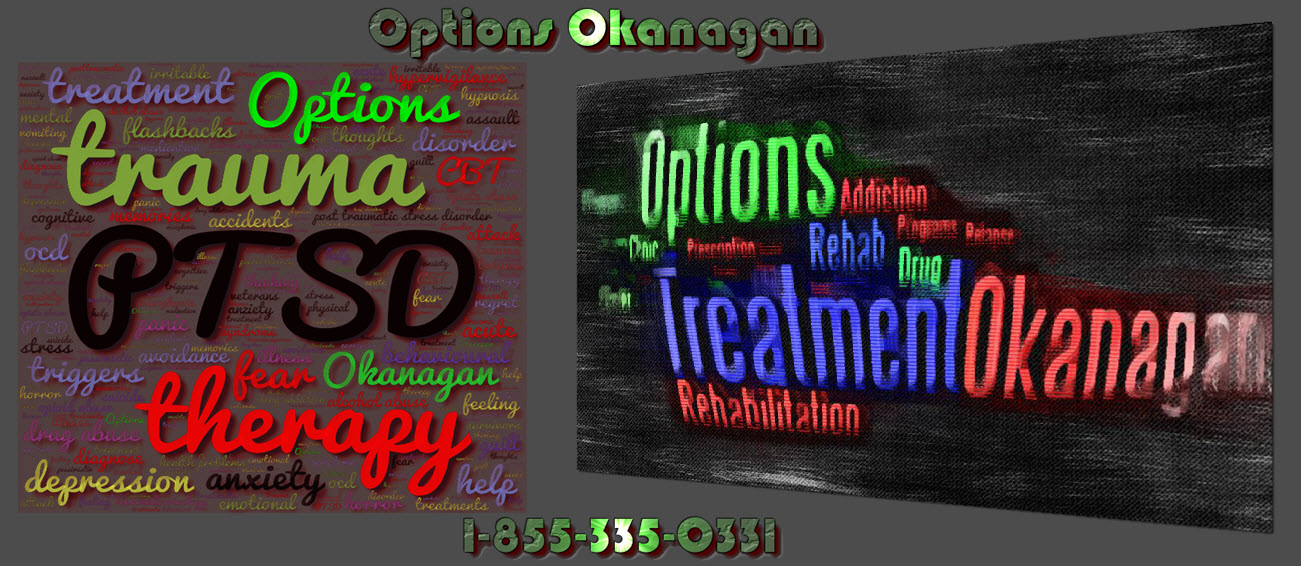
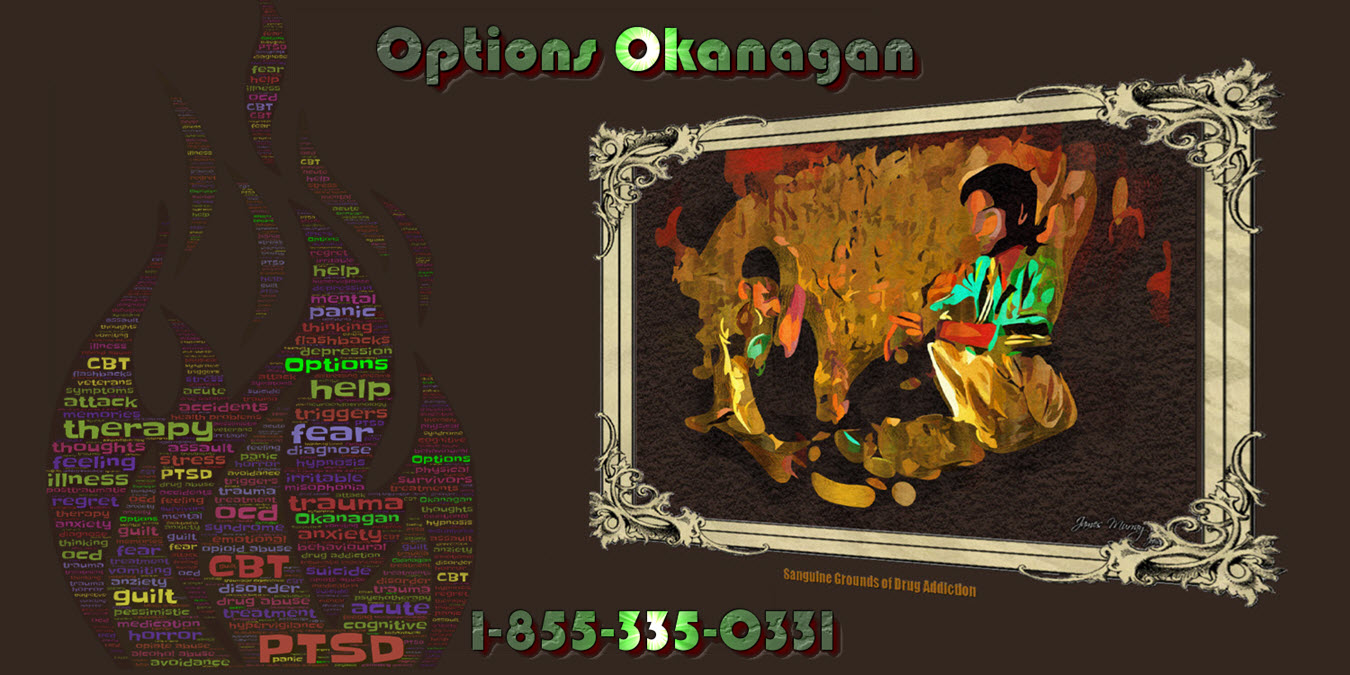
 Treatment - Mental Health Disorder Programs and Clinics in Alberta & BC - Options Okanagan.jpg)
